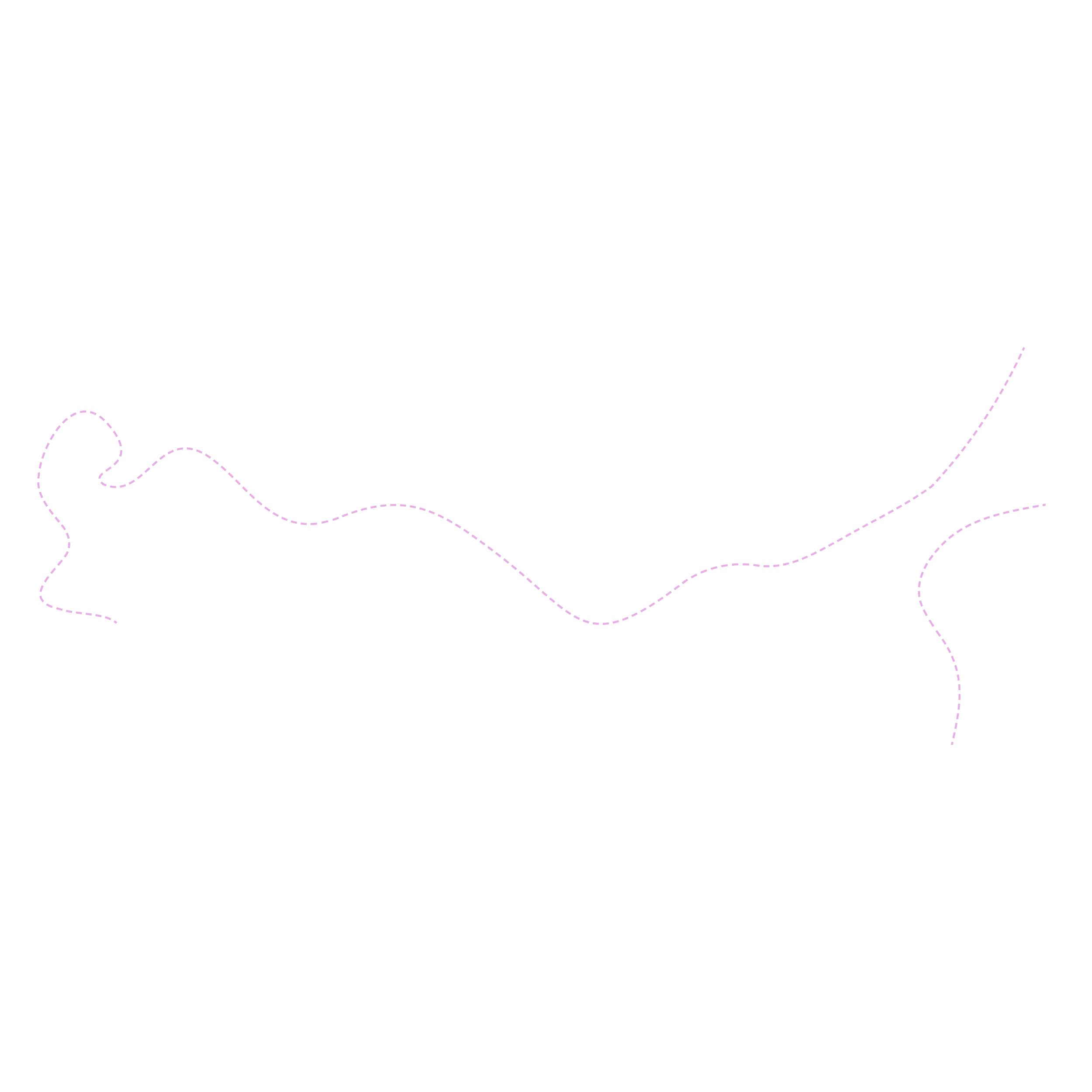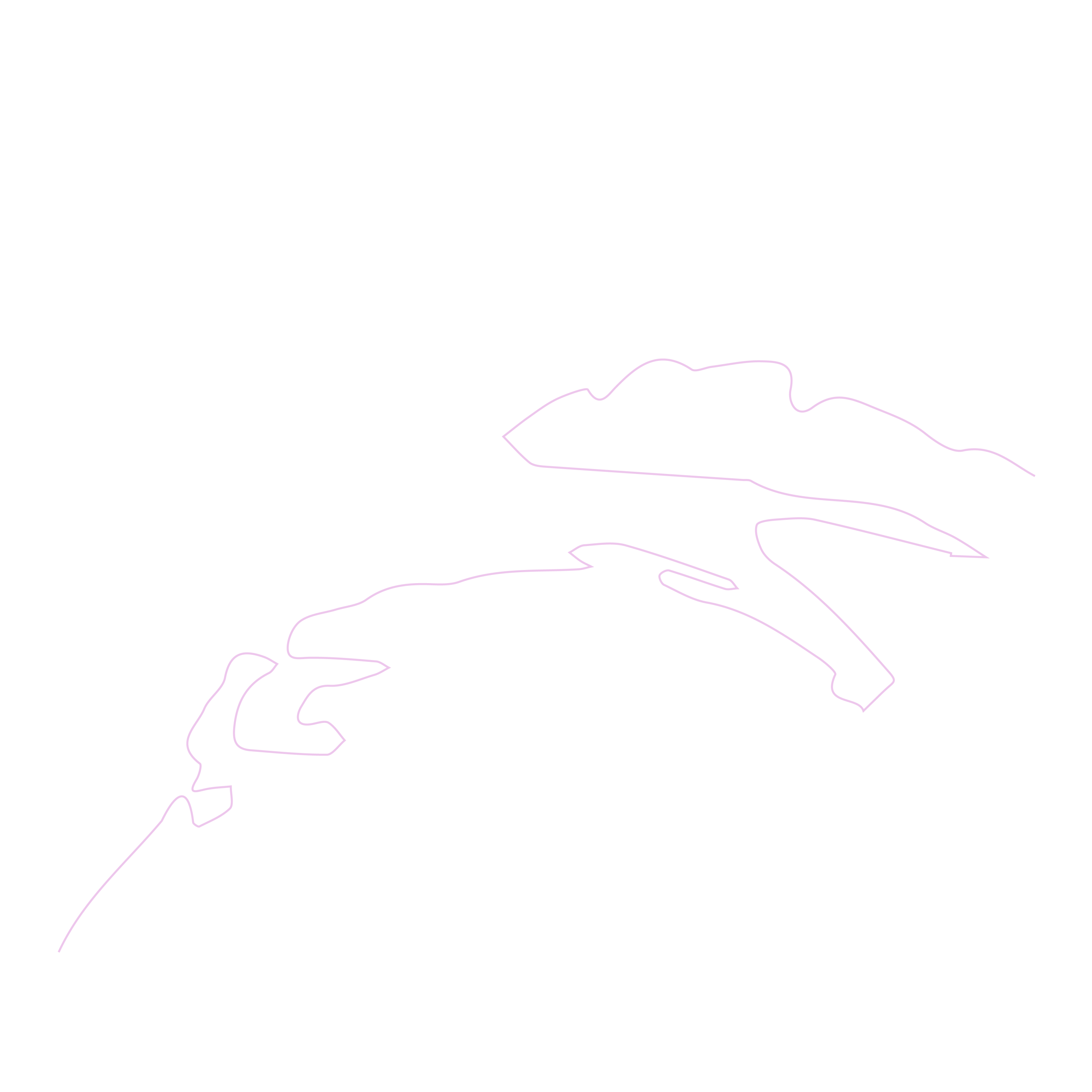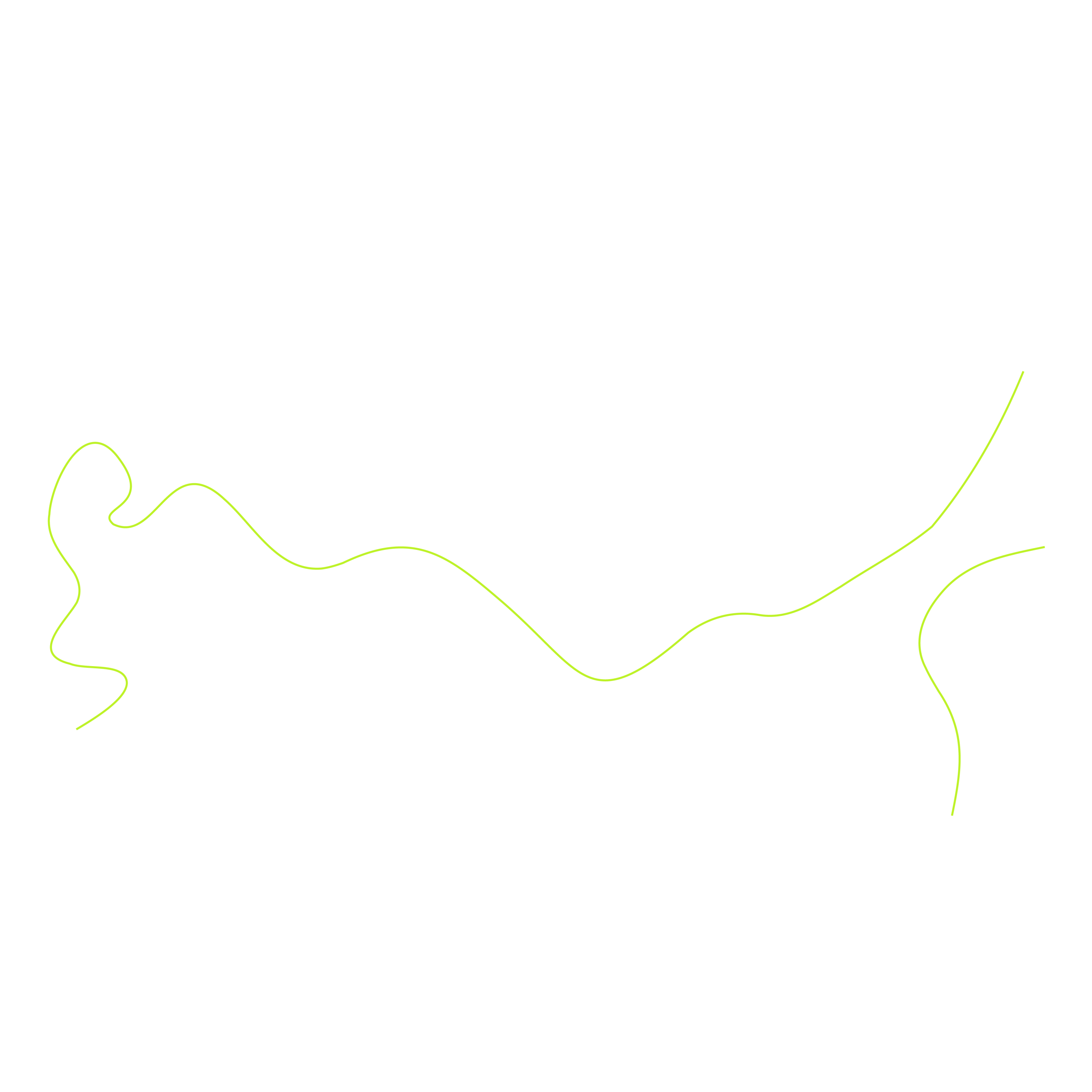unlearning coloniality,
rehearsing solidarity,
relearning relationality
Reschooling Spiral
is a year-long program rooted in a shared commitment to face the present moment with increased response-ability. Rather than meeting the mess we are in with reactive urgency, performativity, or the impulses for quick fixes and self-preservation, we come together to unlearn colonial logics and weave relational responses grounded in care, humility, and refusal.
Meeting bi-weekly from September 2025 to July 2026, this program invites participants into a year-long journey through solar, lunar, and land cycles. Guided by regenerative agricultural rhythms of sowing, growing, harvesting, and fallowing, we practice attunement to Earth’s temporalities as part of our resistance. Through embodied practice, critical inquiry, and relational activism, we engage in processes that help us grow our collective capacity to respond to the violences we are witnessing and complicit with.
Sessions include practices that support deeper attunement to the living Earth, such as seed saving, (food) rituals, grief ceremonies, storytelling, collective dreaming, talking circles, and land-based practices. These are complemented by relational activism tools, including unlearning exercises, emergent strategy, decolonial and Black study, movement-building, and hands-on workshops in fermentation, composting, and other regenerative, embodied practices.
This is an invitation to step down from the human-centered pedestal, to grow our response-ability, and relearn to sense, live and act relationally —with one another, with land, and with the more-than-human.
Practical details
You can join in two ways:
SALT(Online only) |
Reschooling Spiral(In-person in NL) |
|
|
- Full access to online resources, including videos, exercises, readings, grounding practices, and tools.
- See the program overview PDF here, for further details and dates
Who is this for?
This course is for educators, facilitators, radical researchers, artists, activists, farmers, and anyone engaged in social and ecological transformation. It’s especially suited for those looking to grow as facilitators or educators and bring this radical pedagogy into their communities.
You may feel called to join if you:
-
Wish to facilitate decolonial and regenerative learning spaces
-
Seek a collective container to explore resistance, ritual, grief, and Earth-based practices as tools for transformation
-
Are interested in integrating non-extractive art practices into education, activism and solidarity work
-
Want to grow your capacity for discernment, accountability, and collective action
Why join?
Community of praxis
Moving beyond theory, we prioritise embodied and relational practices, including relations to time, place, other bodies. Community, co-weaving, and mutual care are central.
Attuned to seasonal rhythms
The modules of the course are aligned to the cycles of the Earth, and to ecological rhythms, rituals, and regenerative cycles of sowing, growing, harvesting, and fallowing.
Decolonial and regenerative orientation
The course is grounded in unlearning colonial patterns and nurturing ancestral ways of knowing and relating that have been erased by the colonial project.
Training for Trainers
Pedagogical methods to support you in growing facilitation and training skills, so you can bring these practices into your own communities.
Plural, relational activism
We explore diverse forms of resistance, care, and collective action — from ritual and storytelling to land-based and critical interventions.
Accessibility
Due to the building’s internal staircases, our in-person gatherings are unfortunately not wheelchair accessible at the moment. We acknowledge this limitation and are actively seeking ways to make future editions of the program more accessible. If you have specific access needs or questions, please don’t hesitate to reach out—we are committed to doing what we can to support participation.
Companions/assistants are very welcome, including service dogs. We welcome children and babies to our space.
Our courses and educational material is offered in English, with Dutch or Spanish translation upon request. Our events are generally spoken in English, unless otherwise stated. We aim to be attentive to language justice.
We are learning and taking steps to improve accessibility, both in terms of physical access and in making our programs more accessible to people with diverse ways of learning and engaging. If you have suggestions or feedback that can support this ongoing work, please get in touch with us: connect@reschooling.org





